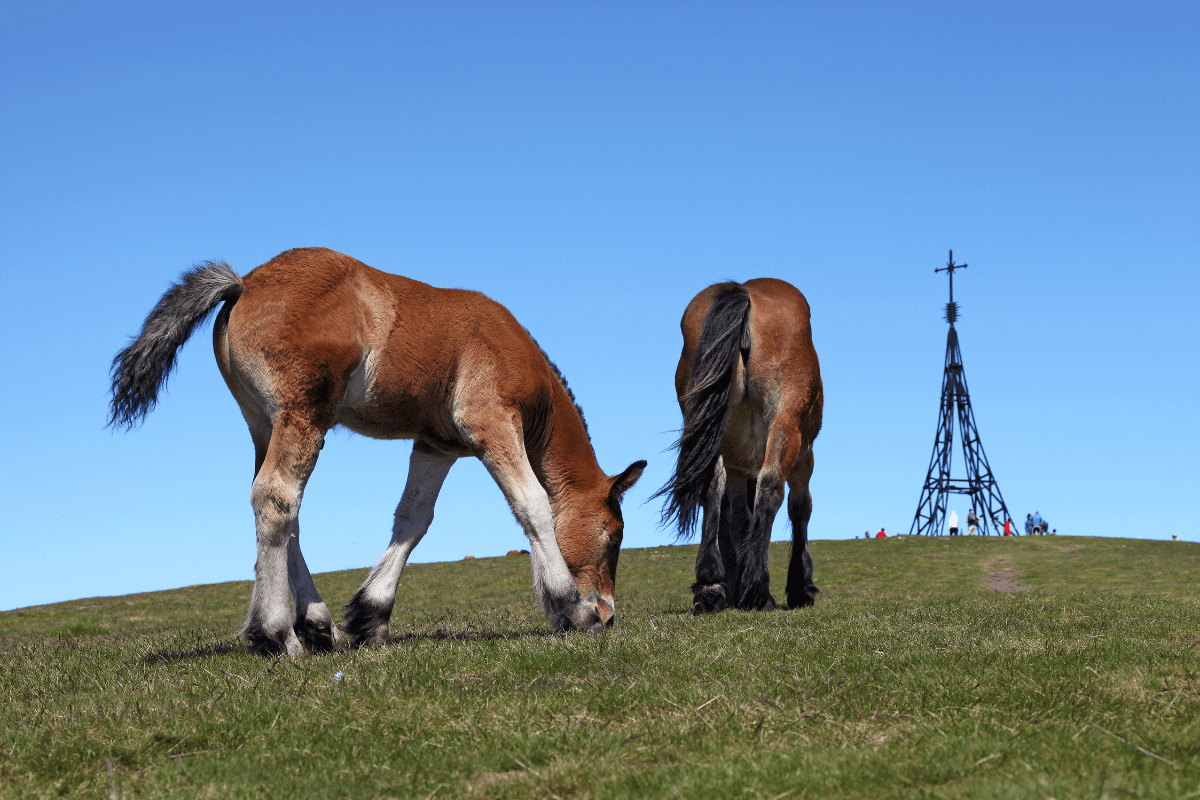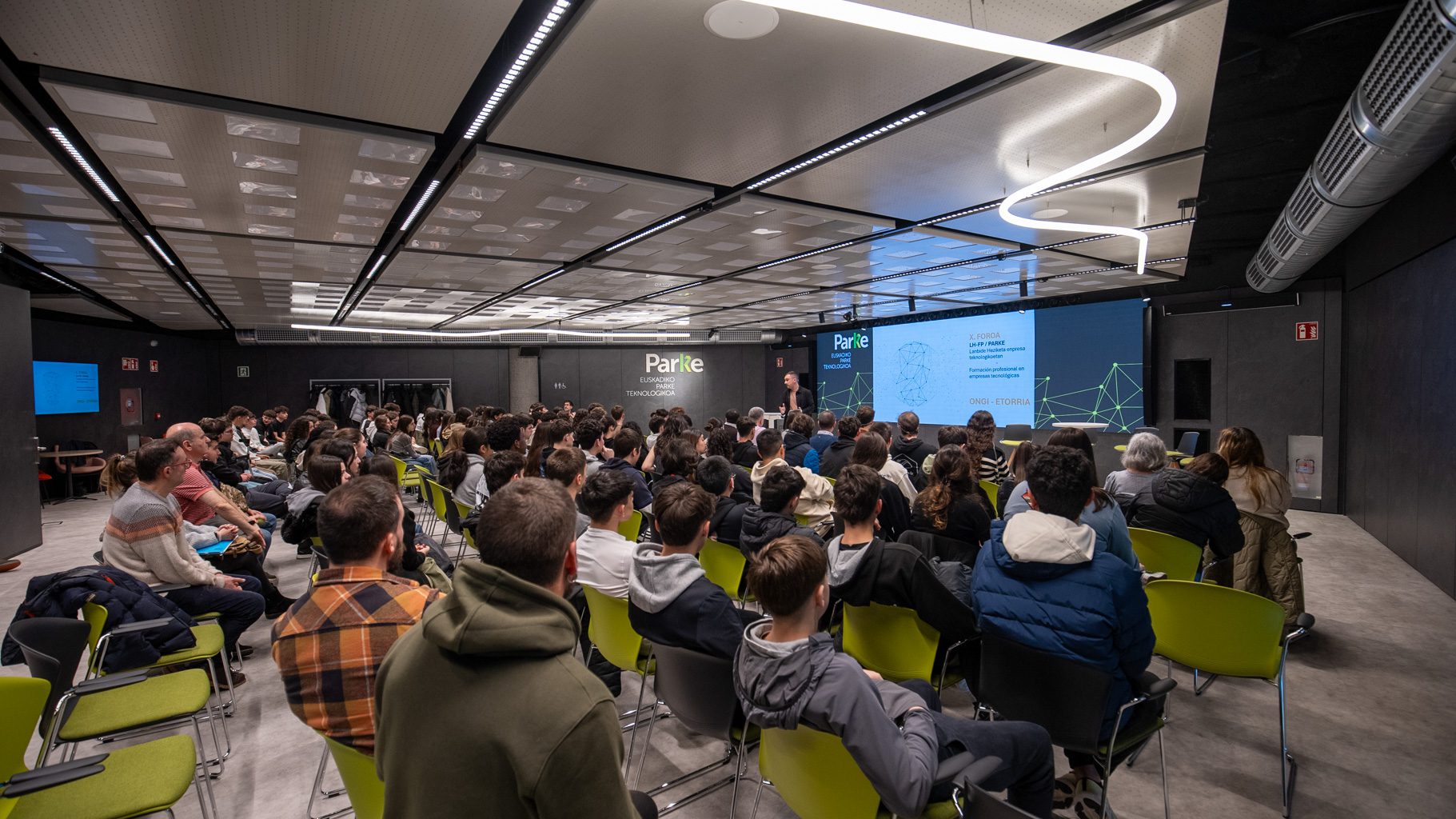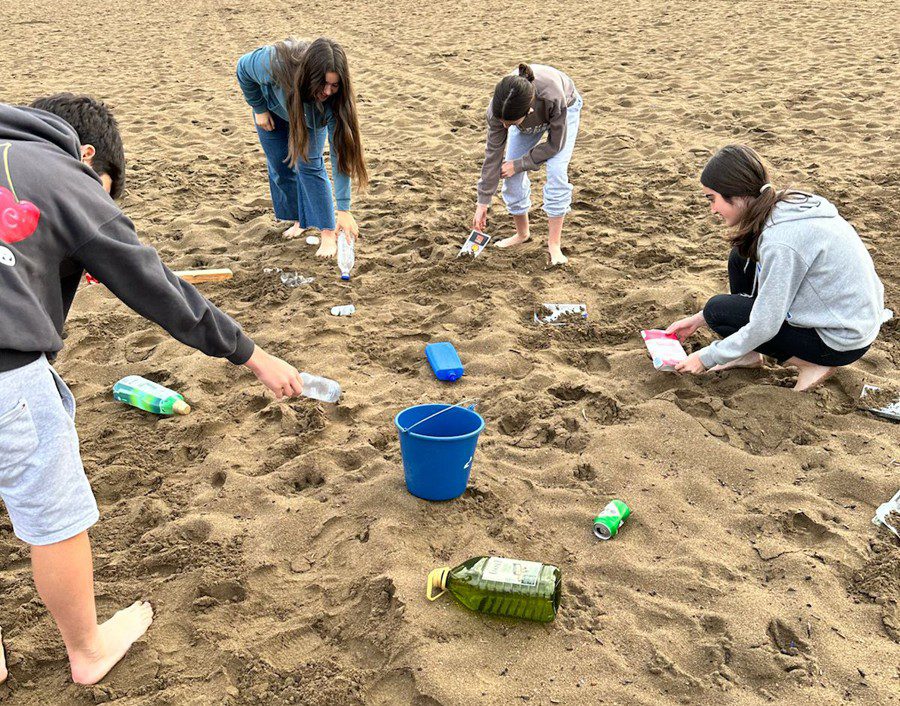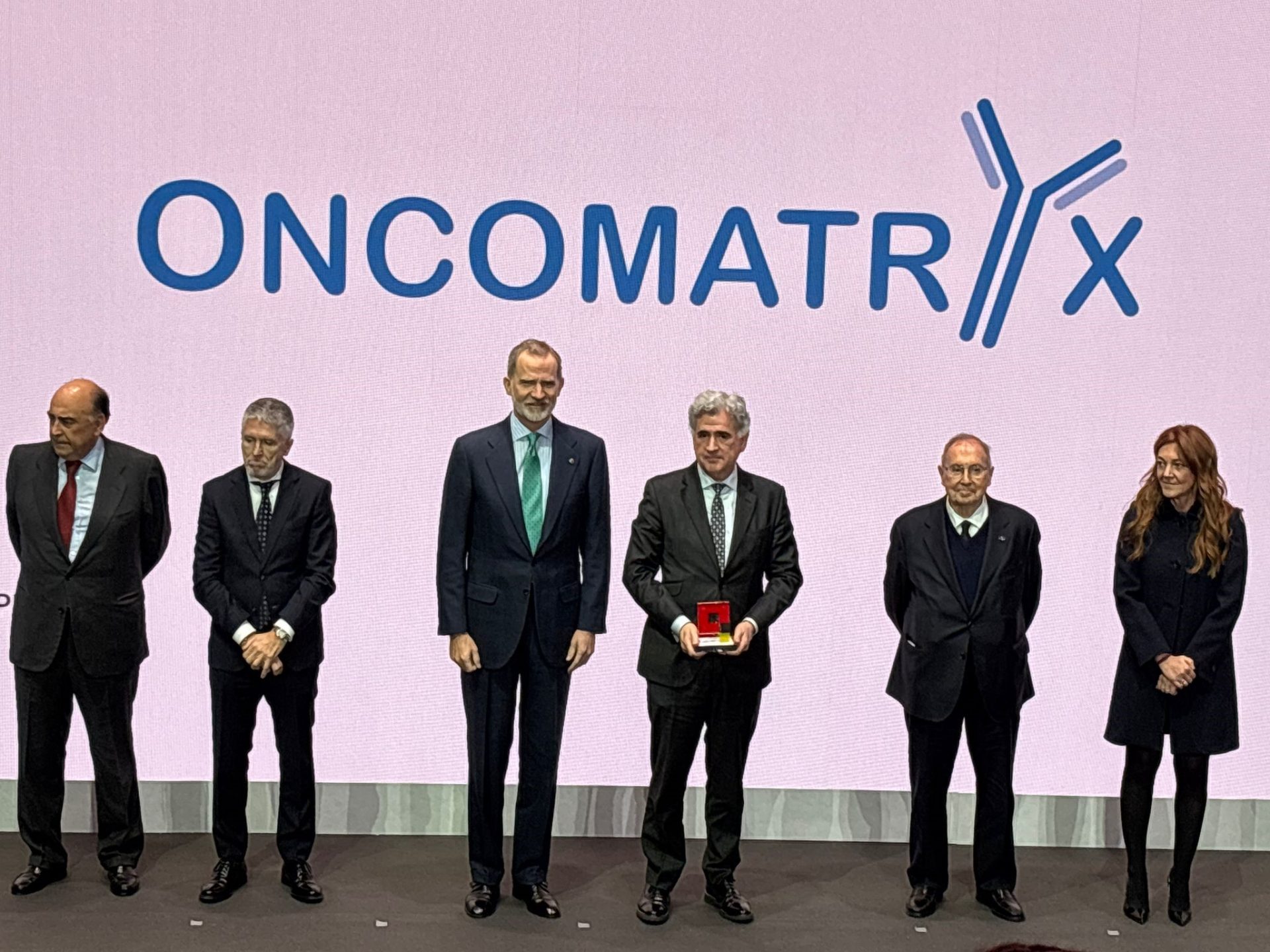AVS has been selected by the European Space Agency (ESA) for the dark matter study mission
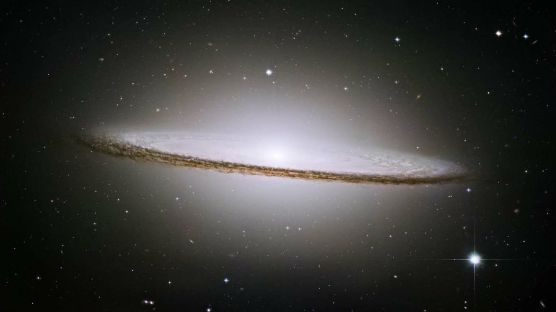
The AVS-led scientific project is planning the design and construction of a satellite, scheduled for launch in 2030.
In 2024 AVS also achieved an important milestone with the launch of LUR-1, its first satellite, which will mark a before and after in the European aerospace industry by incorporating advanced technologies for sustainability in space.
The company AVS, based on the Vitoria-Gasteiz Campus of the Basque Technology Park, has won an important contract for the study of dark matter with the European Space Agency (ESA).
It is a contract for the design and development of the satellite platform for the Arrakihs mission, which will be the first rapid astrophysical mission of the ESA to be carried out by a Spanish company and which has been created with the aim of providing new data on dark matter in space. This will involve investigating the contours of galaxies, where key information about the role that dark matter plays in the formation of galactic structures is likely to be found.

AVS’s work on this project focuses on the design of the satellite and de-risking of certain key technologies to ensure the pointing and agility of the Arrakihs mission.
LUR-1
The launch of this mission is planned for 2030 and will take advantage of the innovative modular architecture of LUR-1, the first satellite that was created by AVS and launched in 2024. The satellite, which orbits at an altitude of about 515 kilometres above the Earth, is equipped with multi-band antennas (UHF, S and X-band), a deployable arm for solar panels and a seven-band multispectral camera that provides high-definition images with a resolution of 1.5 metres per pixel. Among its innovations is a quantum communications experiment, developed entirely by AVS.
With this new contract won by AVS, the Basque company positions itself as an essential element in the ‘European space panorama’ and places the Basque Country as a benchmark in the aerospace sector.
